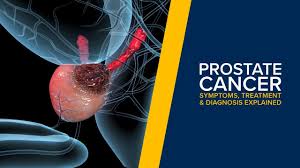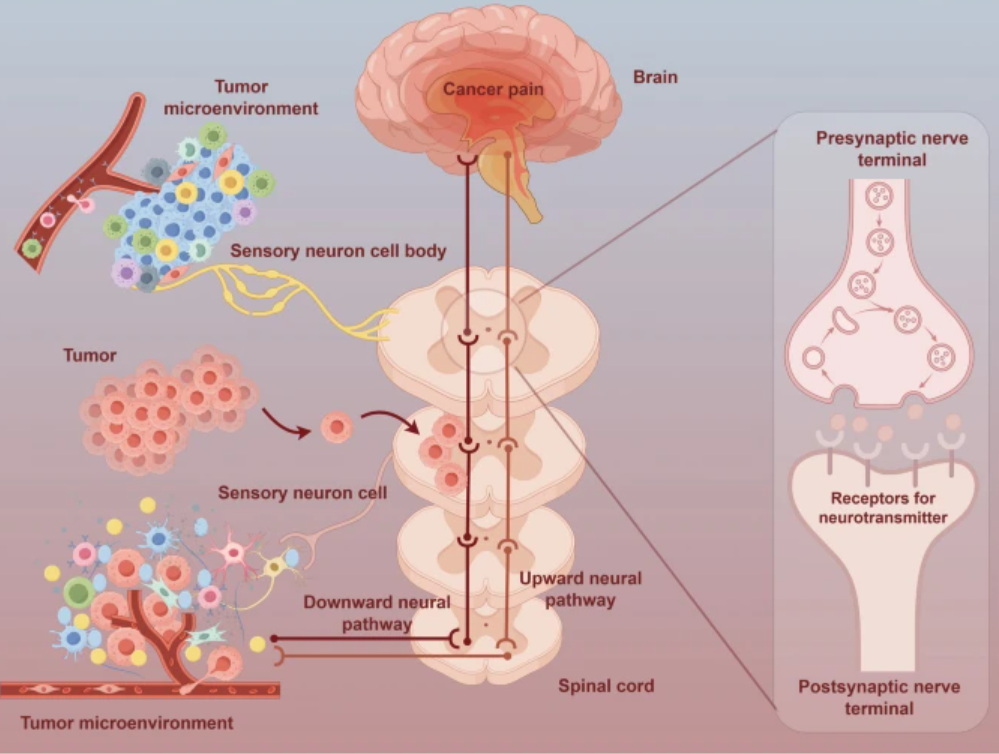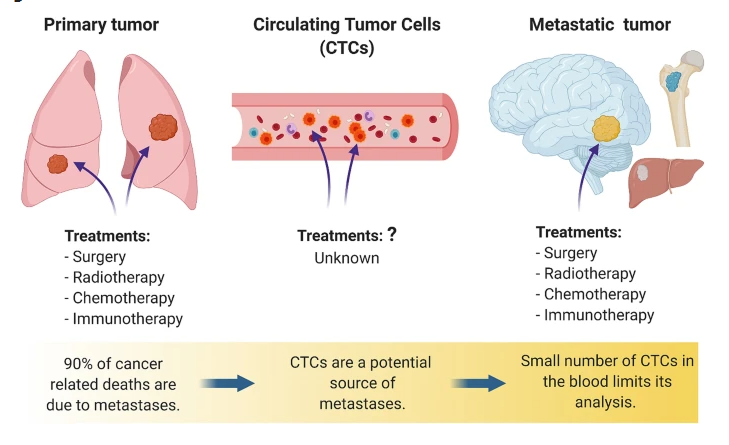Tamoxifen in Breast Cancer Treatment and Prevention
Category : Breast | Sub Category : Breast Cancer Posted on 2025-07-02 10:41:43

Tamoxifen in Breast Cancer Treatment and Prevention
Use in High-Risk Patients
Tamoxifen is utilized for the prevention of breast cancer in patients at high risk. The standard treatment duration ranges from 3 to 5 years, with a dosage of 5–20 mg daily, resulting in an approximate 50% reduction in breast cancer risk.
Post-Surgical Treatment for Breast Cancer
Tamoxifen is also employed following breast cancer surgery to reduce the risk of recurrence and metastasis, particularly in estrogen receptor (ER)-positive premenopausal patients. Clinical evidence demonstrates that any duration of tamoxifen therapy is superior to none. Randomized studies indicate the following:
One year of tamoxifen is more effective than no treatment.
Two years is superior to one year.
Five years is more effective than two years, reducing the risk of metastasis by approximately 50%.
For patients with more than three positive lymph nodes, extending tamoxifen treatment to 10 years is more beneficial than 5 years. Additionally, 2–5 years of ovarian suppression further reduces recurrence risk compared to no suppression.
Long-Term Recurrence Risk in ER-Positive Breast Cancer
Studies from Canada, the United Kingdom, and Denmark demonstrate that ER-positive breast cancer carries a prolonged recurrence risk, extending over 20–30 years. Lifestyle interventions, including regular exercise and modest weight reduction, can reduce metastatic risk by approximately 55%. When combined with 5 years of tamoxifen therapy, these measures significantly enhance long-term outcomes and should be considered an integral component of post-operative breast cancer management.
Disclaimer
This information is provided for general informational purposes only and does not constitute professional medical advice. It is not a substitute for consultation with a qualified healthcare provider. For medical emergencies, contact your physician or, in the United States, call 911 immediately.
Leave a Comment:
SEARCH
Categories
Recent News
- Cancer Pain Medications
- Gastric Cancer (Stomach Cancer)
- New Discovery Links Mitochondrial DNA to Immunotherapy Success in Cancer Treatment
- John’s Journey: Healing Through Lifestyle and Natural Remedies
- The truth about finding a cure for cancer
- Federal Government Commissions Three Oncology Centres to Strengthen Cancer Care in Nigeria
- Nigeria Advances National Cancer Control Efforts
- Nigeria’s Biggest Cancer Awareness Walk by Mukhtasar M. Alkali
READ MORE
2 months ago Category : Tell us your Story

Cancer Pain Medications
Read More →2 months ago Category : Gastric Cancer

Gastric Cancer (Stomach Cancer)
Read More →3 months ago Category : Colorectal Cancer

New Discovery Links Mitochondrial DNA to Immunotherapy Success in Cancer Treatment
Read More →3 months ago Category : Tell us your Story
